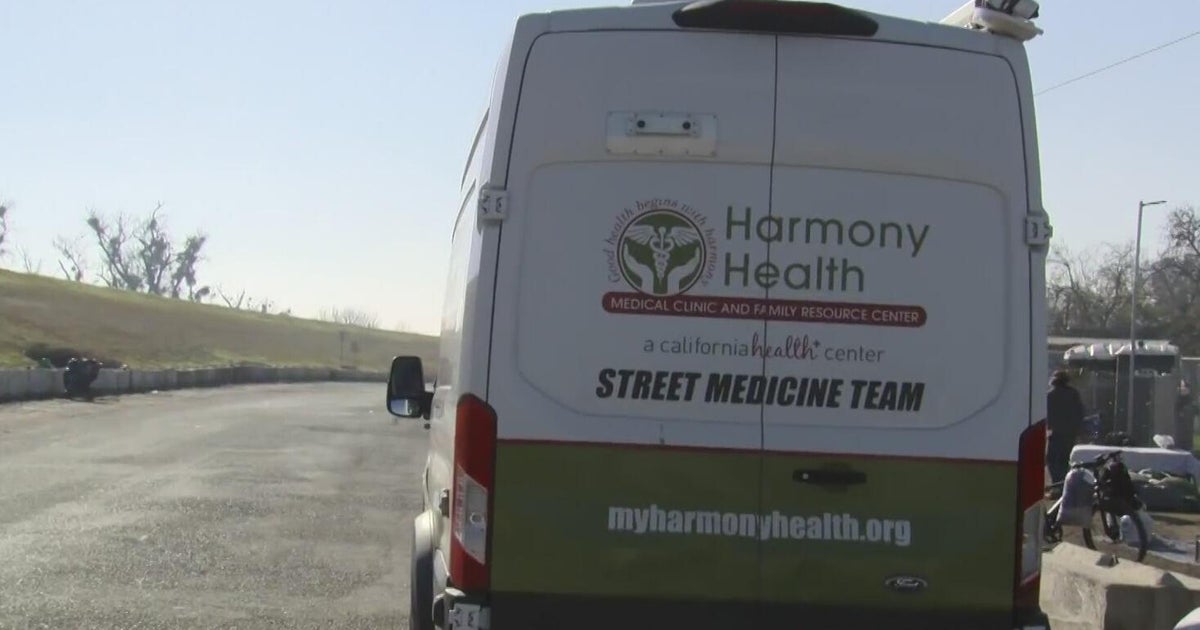Bees Make Almond Magic As Blossoms Emerge Across Northern California
NEWCASTLE (CBS13) — Beautiful blossoms are emerging across Northern California, and those blooms mark the start of an agricultural event like no other — something beekeepers call the big dance.
Hidden inside boxes lining Northern California almond orchards, thousands of tiny workers are getting ready.
Beekeeper John Miller couldn't be more excited for what they're about to do next.
"This is the biggest paid pollination event on Earth," he said. "Nothing even comes close."
Beekeepers from across the country have spent weeks shipping their bees in by the truckload to Northern California as almond growing has outpaced the supply of local commercial colonies.
"California beekeepers represent 500,000-600,000 hives. The demand for beehives in the almonds is about 2.4 million hives," Miller said.
Miller's bees have spent the last several months in what he calls a state of "deep rest" in special storage units in North Dakota. Forty semi-loads later and his 16,000 hives are now strategically placed among California crops.
He said it's just a matter of keeping them content.
Smoke is used to calm the bees, and until the almond trees are in bloom, special nutrition patties are placed inside the colony to keep the bees fed.
Once the blossoms open up, the hungry bees get busy making almond magic.
"These trees can't run over and hug each other," Miller said. "They need an insect to do the work."
But how much of an impact can bees have on an almond crop?
"If an almond grower didn't have honeybees he'd probably get 400 pounds per acre," Miller said. "With the honeybees, he could get 4,000 pounds per acre. so it's just this exponential benefit of having the pollinators in the field."
From these fields, Miller will move his colonies to pollinate plum trees near Yuba City, then apples in Washington State before finally returning to North Dakota where they'll make honey and rest.
But for now, it's all about almonds as these buzzing creatures give Mother Nature a boost.
"This is a great job! I've got the best job in the world," Miller said. "I get to see agriculture at scale like nothing else in the world."
The Miller family helped pioneer the concept of transporting bees across state lines for crops in the early 1900s. Now it's the norm.







